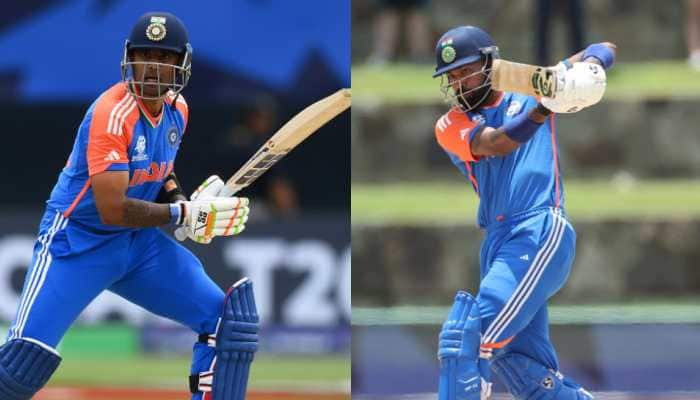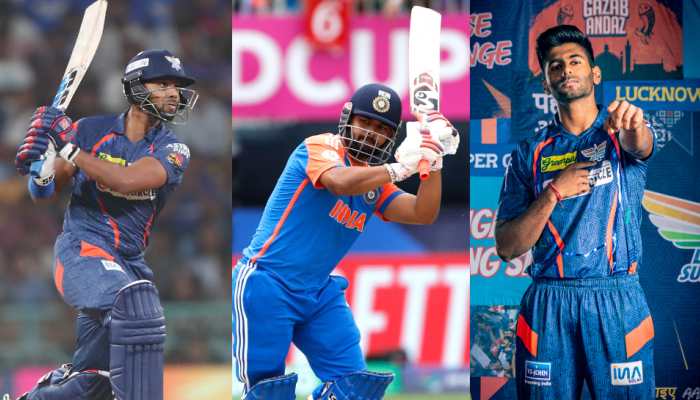Digital Rupee cannot be exchanged for cash, only bank deposits will be used to issue eRupee: Report
Anuj Ranjan, the top general manager of the RBI's fintech division, reportedly stated that the pilot project has moved pretty nicely in a closed-user group and that the number of users is gradually increasing when speaking at an event at the Indian Merchants' Chamber.
- The pilot initially launched in Mumbai, New Delhi, Bengaluru, and Bhubaneswar.
- Only bank deposits will be used to issue eRupee by the Reserve Bank of India.
- Several businesses have registered to accept payments in eRupee.
Trending Photos
) File Photo
File Photo New Delhi: Currently, it is not possible to exchange the central bank digital currency (CBDC), also known as the eRupee, for cash. Only bank deposits will be used to issue eRupee by the Reserve Bank of India (RBI). It will enable the conversion of virtual money into real money.
Anuj Ranjan, the top general manager of the RBI's fintech division, reportedly stated that the pilot project has moved pretty nicely in a closed-user group and that the number of users is gradually increasing when speaking at an event at the Indian Merchants' Chamber. Ranjan stated that as eRupee is a liability of the RBI, the central bank will be responsible for its costs. (Also Read: Here are 10 reasons why RBI warned states to restore Old Pension Scheme (OPS))
The digital wallet is now available for download on the Apple App Store and Google Play Store thanks to lenders like Yes Bank. Several businesses have registered to accept payments in eRupee, including Reliance Retail, Natural Ice Cream, and oil marketing firms. (Also Read: I'm on visa, have limited time: Sacked Indian-origin Microsoft worker)
A central bank issues currency notes in digital form as the eRupee. According to RBI, each country's reasons for issuing CBDC are varied. The e-R, also known as the digital rupee, would be accepted as legal cash and come in the same denominations as coins and paper money. It will be delivered by means of middlemen like banks.
Users will conduct transactions using a digital wallet that they can save on their mobile phones and other devices. Transactions between individuals and between individuals and merchants will be possible, and QR codes may also be used to make payments to retailers.
Four banks—State Bank of India, ICICI Bank, Yes Bank, and IDFC First Bank—formed the first phase of the trial. The pilot initially launched in Mumbai, New Delhi, Bengaluru, and Bhubaneswar.
Stay informed on all the latest news, real-time breaking news updates, and follow all the important headlines in india news and world News on Zee News.
Live Tv







)
)
)
)
)
)
)
)
)
)
